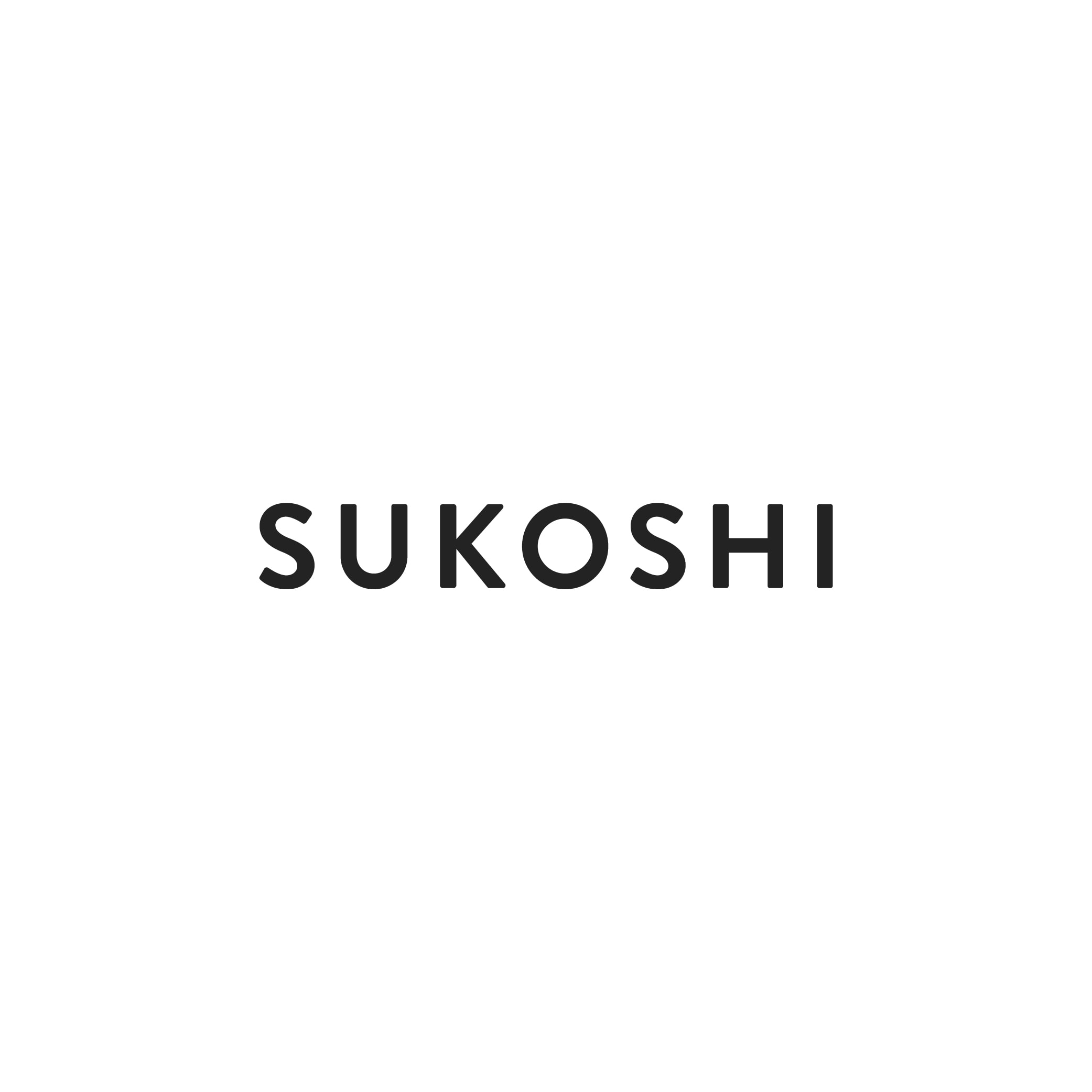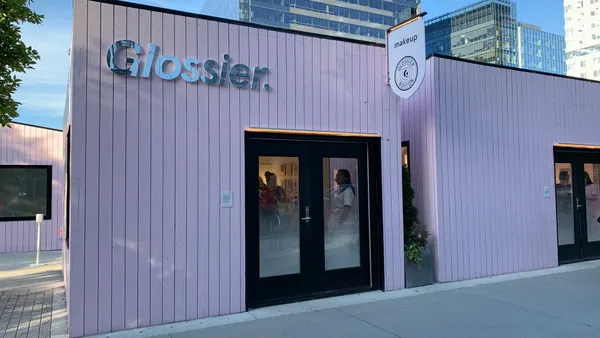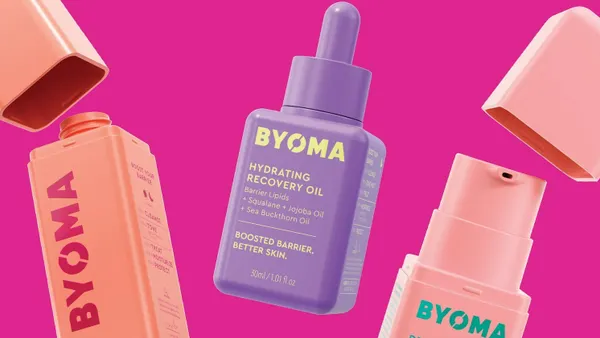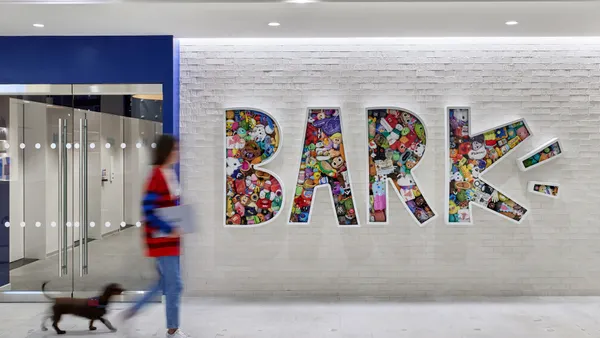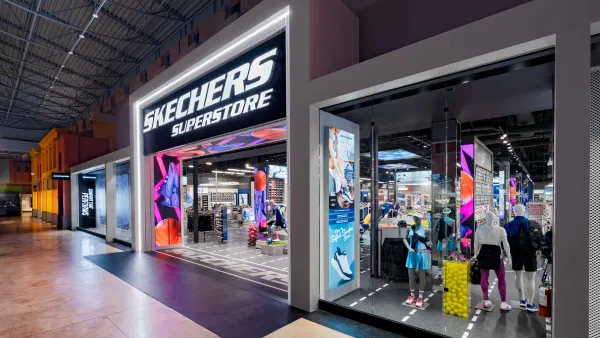Dive Brief:
-
Bark on Thursday expanded its BarkBox subscription to U.S. customers on Amazon's subscription box store, according to a company press release shared with Retail Dive. The company launched select products on Amazon last year.
-
BarkBox subscriptions are based around a monthly theme and consist of two original toys, two bags of healthy treats and one dental chew. Through Amazon, the subscription service is $29 a box and is month-to-month with free shipping options. Bark offers allergy-friendly options, and treats and chews are made in the United States with all-natural ingredients.
-
"Last year we began selling BARK products on Amazon to reach more of the 60 million dog households in the U.S. Adding easy access to BarkBox subscriptions will now help us to easily reach millions of Amazon customers with our most popular product," Bark CEO and co-founder Matt Meeker said in a statement.
Dive Insight:
A Bark partnership with Amazon comes at a time when retailers are placing more emphasis on the pet market.
Just a few weeks ago Walmart announced that it is opening more in-store veterinary clinics with the intention of expanding to 100 locations in one year. The big box retailer will also carry prescriptions for dogs, cats, horses and livestock from over 300 brands at WalmartPetRx.com, will stock pharmacies with the top 30 most requested pet medications and offer home delivery.
Additionally, in April Petco announced a partnership with Shipt to offer same-day delivery of food, grooming, health products and pet supplies from nearly 1,300 locations. And later the same month, PetSmart announced its intentions to fetch an IPO for Chewy, which it acquired in 2017.
The Amazon expansion will offer consumers an additional method of encountering Bark products, other than through the company's website and through a separate partnership with Target, which features its products in stores and online.
According to the American Pet Products Association, an estimated $75.4 billion will be spent on pets in the U.S. this year, up from $72.6 billion spent in 2018.








